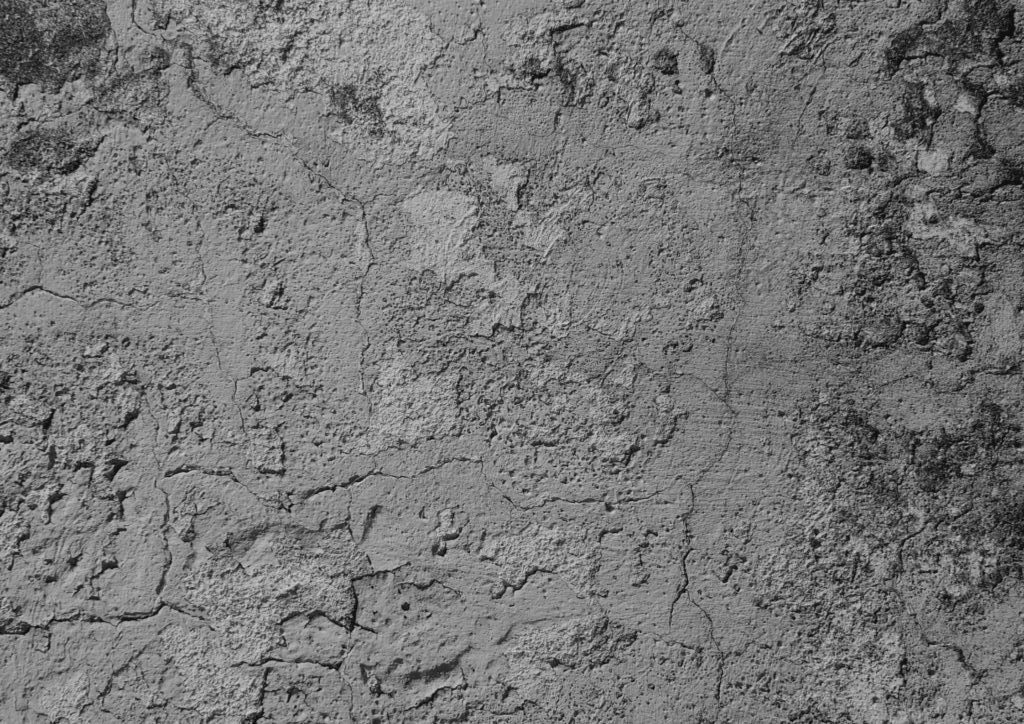The demos journal editorial team decided to explore the topic of crisis before the summer of bushfires and the outbreak of this global pandemic (and its economic and social shockwaves). We were already living in a time of political and social crisis, whether it was the ecological crisis, or a global refugee crisis, where people fleeing violence, starvation and wars are detained indefinitely or perish, due to militarised border regimes and policies. We wanted readers and contributors to sit with the ancient Greek notion of crisis (krisis) as deliberation. This issue is a testament to the possibility and need for reflection in crisis.
The pieces in this issue explore crisis from a range of angles, with careful reflection. This issue charts how we experience, live and survive in this world through crisis; how we resist and imagine solutions, how we challenge crisis. We think it’s worth stepping back from the urgency of the news cycle or politicians’ pronouncements and call for a grassroots response to the crisis as Anitra Nelson and Vincent Liegey put forward in their call for democratic degrowth.
In the wake of COVID-19, we have witnessed new networks come alive, and old networks reinvigorated by this crisis. Many have remarked on the impact of the COVID-19 crisis on escalating rates of family and domestic violence and the intensification of gendered social roles that this crisis has wrought, which makes Simon Copland’s contextualisation and interrogation of the ‘crisis’ of masculinity ever more important.
Shirley Jones’s three poems evoke how:
We, the people, have become disposable
If we can’t be recycled into dollars & cents
Contributors sift through the wreckage of the COVID-19 crisis, in personal reflective pieces, such as Jemima Wilson’s untitled piece and Sherine Al Shallah’s creative essay, which draws on the crisis of distance in isolation. Crises in the context of refugee policies, oil and gas corporations, and the Chilean revolution are detailed in the essays by Richard Vogt, Larraine J. Larri and Nicolas Villarroel. Crisis poetry by Anthony Moore and Nicholas Allison draw on the individual and the crisis of the elements, contexts and surroundings.
The change and ruptures in our personal and collective lives lingers. While of course we had no idea what the year 2020 would hold, we began with the sense that the idea of crisis is one which feels both truly universal, a constant across time and place, and one which is also particular to this very turbulent period in time. What we didn’t realise was how significant it would be to be opening up a space for thinking on crisis, in the context of an immediate and drastic crisis such as this COVID-19 pandemic.
A huge thank you to all our valued contributors and to our team of dedicated sub-editors: Soo-Min Shim, Emma Hartley and Scott Robinson (including Scott’s contributions to this editorial), we are very grateful.

